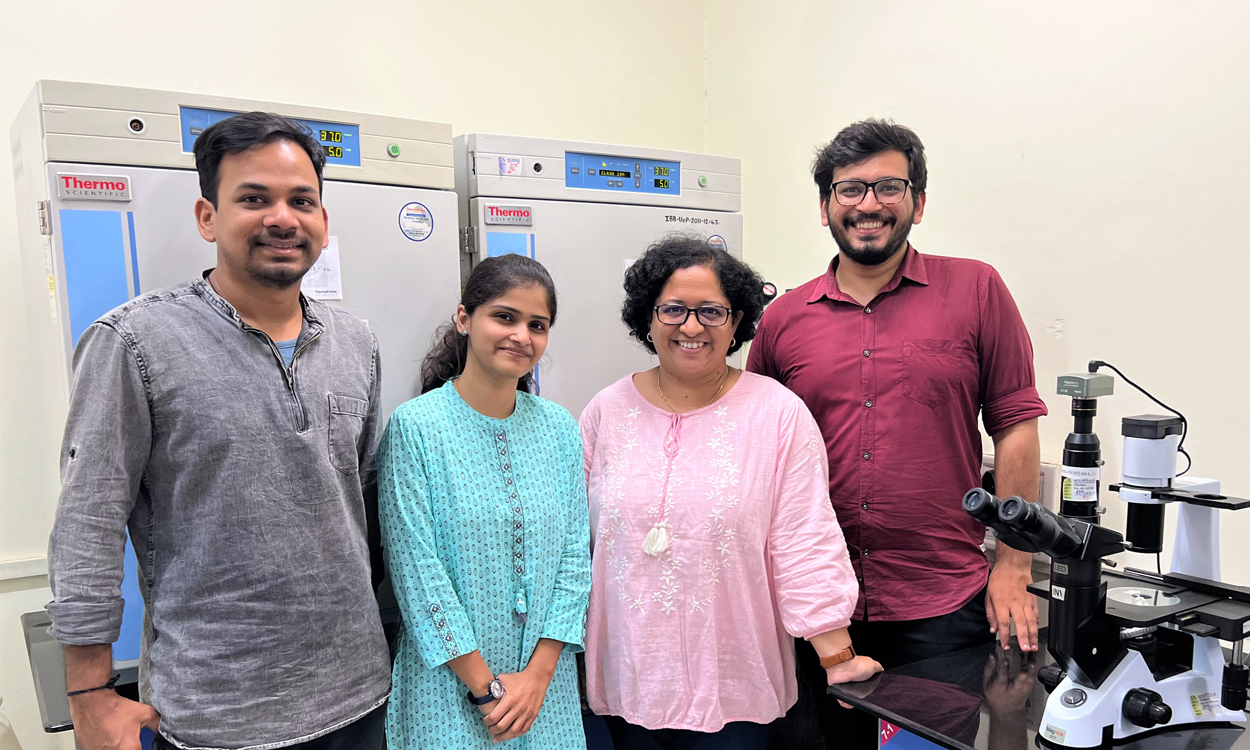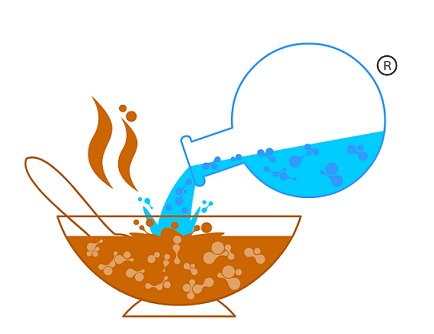
Researchers from Savitribai Phule Pune University have demonstrated that stem cells derived from GUMS (gingival tissues) do not lose their quality and potency with aging; therefore, they may be used for stem cell therapies.
AUG 13, 2022 | BY RATNESHWAR THAKUR
Stem cell-based treatments hold great promise for handling many age-associated degenerative diseases. For such treatments to be successful, stem cells should have potential to differentiate into the desired cell type. Also they should be able to replace and restore the normal function of cells, tissues, and organs that get damaged because of injury, trauma, or aging. For decades, Mesenchymal stem cells (MSC) – have been preferably used for tissue regenerative study due to their self-renewal and multilineage differentiation potentials. However, recent studies have shown that Aging deteriorates the potentials of mesenchymal stem cells (MSCs) derived from bone marrow (BM), adipose tissue (AT), periodontal ligament (PDL), and dental pulp (DP), which affect their therapeutic use in clinical applications.
Now a research team led by Dr. Geetanjali B. Tomar from Institute of Bioinformatics and Biotechnology, Savitribai Phule Pune University, Pune have demonstrated that mesenchymal stem cells (MSCs) derived from GUMS (gingival tissues), maintain a lot of their in vitro growth properties irrespective of the age of the donor from whom gingival samples have been derived. GUMS or gingiva are the tissue of the upper and lower jaws that surrounds the base of the teeth.
MSCs derived from gums have not yet been studied extensively so far and this study fills the gap. Gums are an easy tissue that can be obtained as a waste tissue during root canal treatment, crown lengthening and other dental routines, thus making it a stem cell source of choice.
Further, the research team also tried to mimic lung inflammatory conditions similar to COVID in experimental animals and administered the gingival tissue derived MSCs (GMSCs) to these animals. “We observed that the old GMSCs were not able to significantly reduce all the inflammatory parameters but brought about regenerative changes in damaged lungs,” said Dr. Tomar.
“This is an important lead in stem cell science. The findings of this study have a translational value in future stem cell therapy making GMSCs as a promising source of adult stem cells for autologous therapy with no ageing barrier," commented Dr. Ramesh R. Bhonde, Director (Research), Dr D.Y. Patil Vidyapeeth (DPU), Pimpri Pune. He was not part of this study.
Though a lot of other studies need to be carried out to examine various other parameters, this study definitely gives an edge over. Scientists may now work in close collaboration with dentists and medical practitioners to design cell based regenerative therapies using GMSCs. The results of this study have been published in the journal ‘Science Advances’
Journal Reference:
Human gingival mesenchymal stem cells retain their growth and immunomodulatory characteristics independent of donor age
Disclaimer:
To ensure accuracy and scientific relevance, this science blog has been run past the researchers - whose work is covered.

Send your opinions and suggestions for future stories - to scisoup@gmail.com and engage with us on
“We observed that their ability to form bone cells (osteoblasts) and fat cells (adipose tissue) decline as the age of donor increases, but their potential to form neurons is not affected at all, which means that these cells can be used in an autologous manner to treat neurodegenerative disorders in elderly patients,” she added.